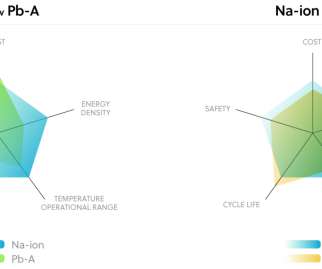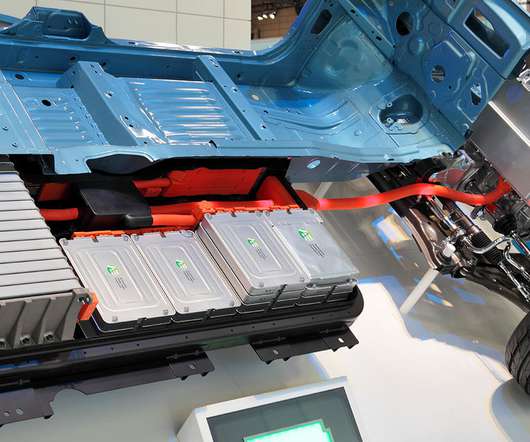Faradion receives first order for sodium-ion batteries for Australian market
Green Car Congress
APRIL 23, 2020
Current cell designs can provide gravimetric and volumetric energy densities comparable to lithium-ion and greatly in excess of lead-acid batteries. Its prototype cells can deliver energy density in excess of 140 Wh/kg, with a design performance of 155 Wh/kg in 10Ah pouch cells. An example of the cycling rates is a range of 2C (0.5















Let's personalize your content